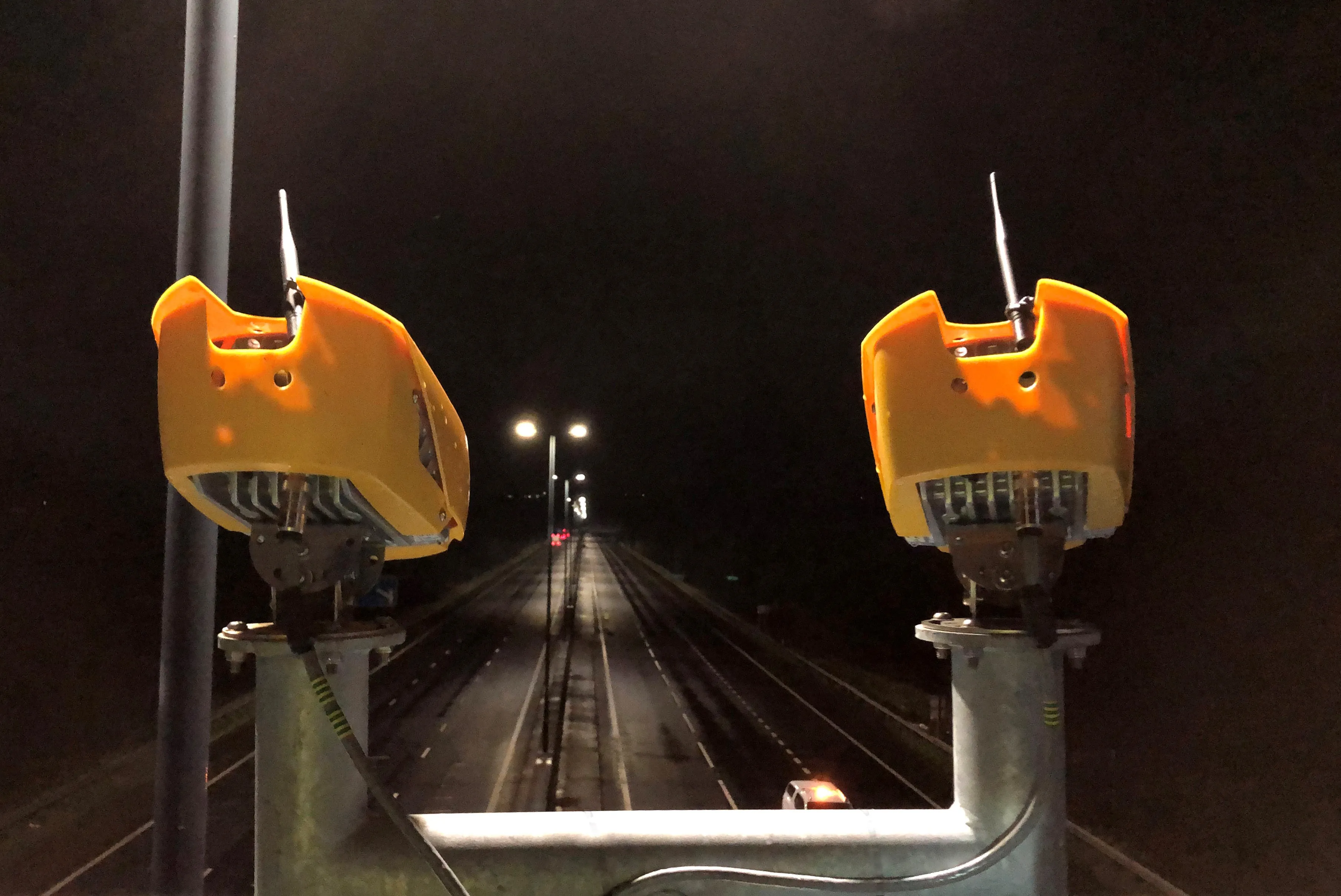A report by the
With traffic predicted to nearly double over the next 25 years, the LGA believes the Government will have to consider tolls or even pay as you drive road pricing to raise the money it needs.
Ministers are looking at ways to attract investment into the road network and one option under consideration would see the
The LGA says the challenge facing the Government is that attracting private investment is seen as requiring an income stream from the motorist to the operator to provide a return on investment. This, it says could involve linking vehicle excise and fuel duties more closely to road use or even some form of pay as you drive road charging – “requiring some form of surveillance.” Any changes, the LGA says, could be introduced in 2018.
The LGA is the latest organisation to suggest that road pricing is unavoidable, even though the policy was ditched by the last Labour Government following a voter backlash.
Road pricing has been backed by the
The LGA’s analysis comes as the Government confirmed it was ready to introduce tolling on an improved twenty-mile section of the A14, a key transport artery linking the Midlands and major ports in East Anglia.
At the same time, plans are already in place for a wave of new “free flowing” tolling schemes – such as the Dartford Crossing, where motorists would pay to use stretches of road via the internet or mobile phone.
Underpinning the need to raise more cash from motorists is not only the need to find money for road repairs and tackling congestion but also a feared black hole in the Treasury’s finances.
Earlier this year the Office of Budget responsibility, which advises George Osborne, warned that the trend towards more fuel efficient cars could lead to the Government’s tax take from drivers being £600 million less in 2014 than previously anticipated.










